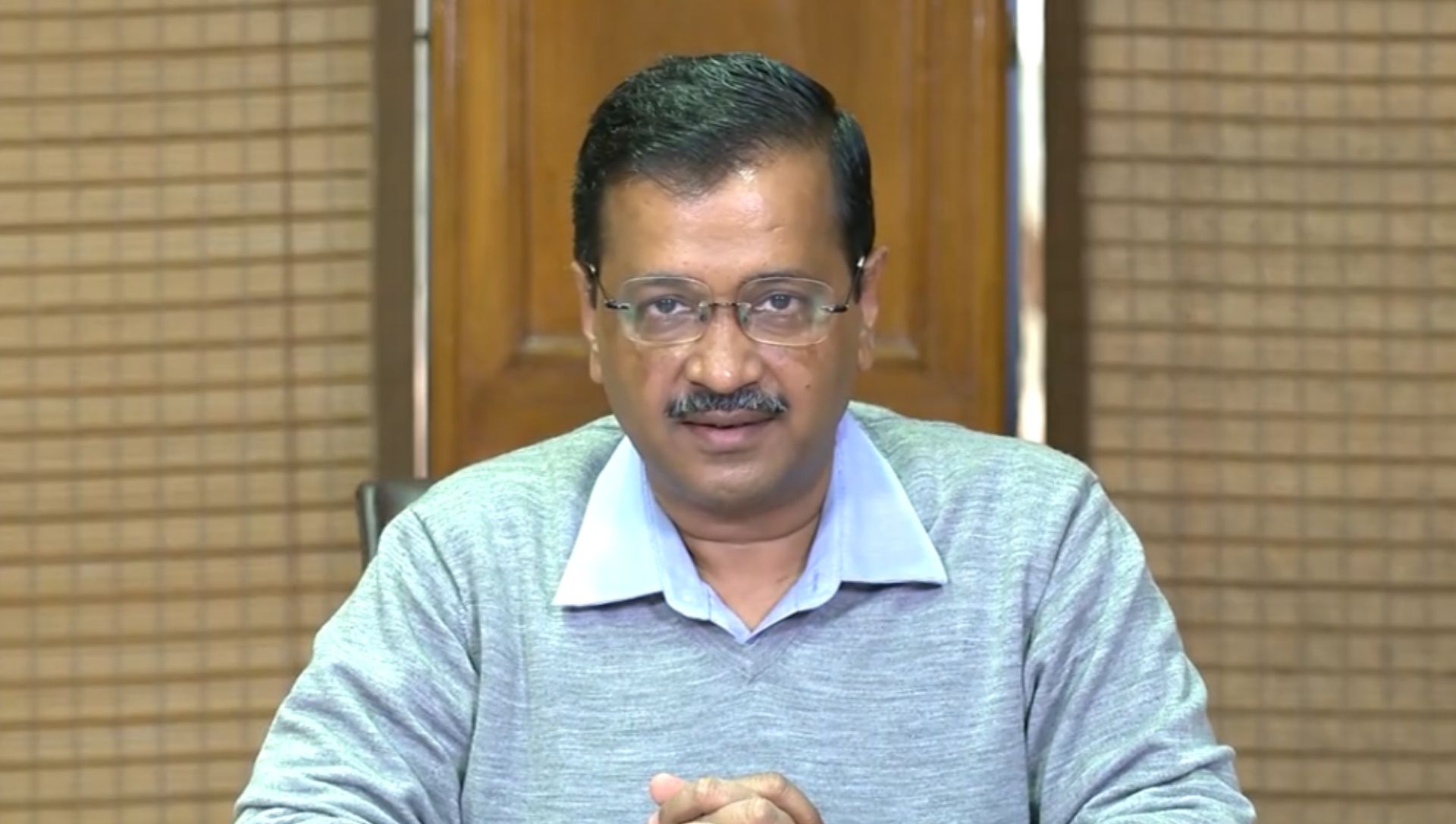DELHI: Yellow alert has been sounded in the national capital under the Graded Response Action Plan (GRAP) as COVID-19 infections are on a rise in Delhi. The capital city recorded over 331 new COVID cases on Monday, which is the highest single day spike in COVID-19 cases in Delhi. With this the COVID positivity rate surpassed 0.5% for the second consecutive day. According to GRAP, it’s the scale to implement the yellow alert. On Tuesday, Arvind Kejriwal announced that the Delhi government is going to enforce phased restrictions in the Capital.
“The virus is expected to peak by the first week of February. The numbers are increasing and it will increase further in the days to come considering how lightly people of Delhi are taking this virus. People are not taking any precautions,” said Dr Amar Lal, Kailash Hospital Noida, while speaking to The New Indian,
What is yellow alert?
Under the yellow alert in Delhi schools, colleges, educational institutions, and coaching institutes will be shut. Under this condition, shops and malls with non essential services and goods will open from 10 am to 8 pm under the odd-even rule. Govt offices can only call grade-1 officers. Private offices will be allowed to open from 9 to 5 PM with 50% capacity. Restaurants can open with 50% capacity from 8am – 10pm while bars will be allowed to function between 12 noon and 10pm. Spas, gyms, yoga institutes, and entertainment parks will remain closed, but outdoor yoga will be allowed.
Delhi Metro will run with 50 percent seating capacity and travelling standing will not be allowed. “Entry into Metro stations will be regulated by restricting the number of gates open for entry into stations to ensure compliance with the guidelines. Out of 712 gates, 444 will be kept open as of now,” said Anuj Dayal, Executive Director, Corporate Communications, DMRC.
Buses plying between states will only be allowed to play with 50% of the seating capacity. Only two passengers will be allowed to travel in auto, E-rickshaws, cycle rickshaws & Taxis. Sports complexes, stadiums & swimming pools will be closed under the yellow alert, although national and international sporting events will be allowed. Only 20 people will be allowed to attend the wedding ceremony and funeral. There is a ban on the social, political, religious, festival, and entertainment-related activities in this alert.
“I have not handled any omicron case yet but according to the government report that we received, as of now the complications are less compared to the Delta variant but more contagious. Also, it has the same signs and symptoms as a normal influenza. So, if you have symptoms just get yourself tested”, said Dr. Lal.
This move came after a video from Sarojini Nagar went viral on social media where the market was seen to be overcrowded by buyers and sellers. People were seen to be pushing each other. Taking note of the overcrowding video in the Sarojini Nagar market, Delhi high court said that the state of affairs is “frightening” and that a stampede can take place. The court said Covid or no covid, the situation is eerie. “There can be a stampede where 100 of people can die. And don’t say that this is state-managed,” the court noted. The court also directed the police and authorities to watch the movement of the public who are coming to the market.
Even as the state machinery has put the regulations in place to check the spread of the virus, the onus is now on the citizens to follow the norms and act responsibly.
Dos & don’ts to avoid Omicron surge:
Maintain social distancing: It’s very important to keep the social distancing norm in mind at all times and avoid physical contact with other people. Avoid standing too close while queuing up. There should be at least 1 metre distance between people.
Testing: If you feel anything unusual about your health or if you note any of the listed symptoms, go for a RT-PCR test.
Avoid crowded places: Do not go out of the house if it is not required or urgent. Avoid going to crowded places as much as you can.
Vax up: If you are not vaccinated, find out the nearest vaccination camp and get yourself vaccinated immediately as vaccination can help reduce the level of severity of the infection. If you are above 60 or a health professional you are eligible for the booster dose.
Boost up vitamin C: Increase intake of lemons, oranges, grapefruits, pomelos, broccoli, cauliflower, Brussels sprouts, peppers, Spinach, cabbage, tomatoes, potatoes etc can increase your vitamin C levels.
Be responsible: The most important and the most common factor to avoid infections like COVID is to be a responsible citizen. Mask up, sanitise or wash your hands at regular intervals. Also, if you notice any of the symptoms, quarantine yourself and get tested as a respect to others.










